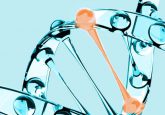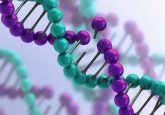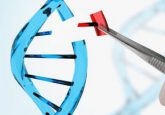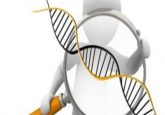CRISPR genome editing and ethics
How are scientists around the world utilizing CRISPR, what challenges do they face and what is on the horizon for CRISPR in terms of technology, applications, ethics and regulations?
Within the field of genome engineering, CRISPR refers to the group of CRISPR/Cas gene editing systems – tools that have been vastly accelerated over the past decade. CRISPR systems can edit DNA at precise locations, so have huge potential in everything from fighting disease to increasing crop yields.
CRISPR has demonstrated its ability to edit DNA in bacteria, viruses, plants and human cells. It is proving itself to have many advantages over other gene editing techniques, including its simplicity, efficiency, easy customization of target DNA and the ability to target multiple genes simultaneously. Novel CRISPR systems and applications are continuously being developed, so its potential is ever-growing.
CRISPR systems can edit DNA at precise locations, so have huge potential in everything from fighting disease to increasing crop yields. However, CRISPR is not currently perfect and does not come without its concerns. CRISPR can affect regions of DNA outside of its target, hence continuous evaluation and technique development is necessary. Therefore, there are also huge ethical issues with utilizing CRISPR editing on humans, on top of the question of whether gene editing on humans is moral in the first place.
As part of this Spotlight we will explore the latest developments and challenges in using CRISPR, what is on the horizon for CRISPR and alternative applications in diagnostics and modeling.
- Register now for the expert panel discussion: What does the future hold for CRISPR?
- Complete the CRISPR survey here to get a copy of our FREE CRISPR EBOOK.
Keep an eye out on site, and our Twitter or Facebook pages, for new content and updates to our CRISPR spotlight.













